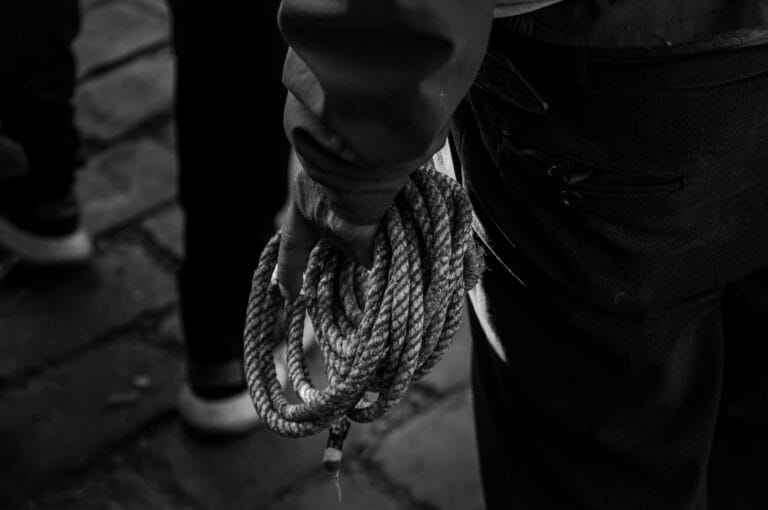My first encounter with church hurts – call it a traumatic experience if you will—hit me in my teenage years. It was small stuff, like pocketing a few things here and there, and sure, I know, that’s not okay. But back then, it felt like everyone had their little ways of bending the rules. Then one Sunday at church—my mom’s church, not mine by choice—everything changed. The preacher called me out in front of the entire congregation, labeling me a thief. I didn’t even understand how deep that moment would cut. Thankfully, I’ve healed from it. But in my journey with God, I’ve seen how easily we can get hurt by the very place that’s meant to be a refuge. And sometimes, if I’m honest, I’ve probably hurt others too. Through these experiences, I’ve come to understand why church hurts happen and, more importantly, how we can find healing.

1. Unrealistic Expectations: The Pain of Idealizing the Church
We often step into church expecting it to be a place of pure acceptance, a family where everyone gets along, or even a solution to our problems. But when those hopes clash with reality, disillusionment sets in. One reason for this is that our expectations are often high, sometimes unrealistically so. The truth is, churches are full of people just as flawed as the rest of the world. When we see imperfection where we expected perfection, the disappointment stings.
Proverbs 13:12 says it well: “Hope deferred makes the heart sick, but a longing fulfilled is a tree of life.”
This expectation of perfection can lead to feelings of betrayal or hurt, especially when we forget that church leaders and congregants alike are human. An article by Christianity Today highlights that while we often look to church leaders to embody Christ-like character, they, too, are imperfect and can fall short. Recognizing that everyone is on a journey and acknowledging our own imperfections helps us to have grace when reality doesn’t meet our expectations.
2. Human Imperfection: A Community of Sinners Needing Grace
Another layer of church hurt comes simply from the fact that we’re all human. The church is a community of people who, despite their best intentions, carry their own struggles, wounds, and blind spots. Words slip, actions fall short, and sometimes, unintentionally, people hurt each other. This doesn’t excuse the hurt, but it does give us a wider lens to view it.
The Bible reminds us in Romans 3:23, “For all have sinned and fall short of the glory of God.”
This passage isn’t just a reminder of our brokenness but an invitation to recognise our need for grace. When we acknowledge this shared imperfection, it shifts our perspective from one of blaming to understanding. We can recognise that people are often doing their best, even when it doesn’t look like it from our perspective.
3. Power Struggles and Cliques: When Church Becomes Political
Nothing makes a church feel less like a sanctuary than seeing it divided by power struggles. When people in church leadership vie for control or authority, it creates an undercurrent of tension. Before long, you start seeing cliques form, with some people feeling included and others, painfully excluded. This is sadly common in many church settings. A Barna Group study reveals that feelings of disconnection and cliquishness are some of the top reasons people, especially young adults, leave churches.
It’s easy to feel overlooked in these moments, as if the church isn’t a safe space but a political ground. But this isn’t new—Jesus Himself encountered similar dynamics in His time. He rebuked the Pharisees for using their positions to control rather than serve the people (Matthew 23:1-12). When these struggles arise, it’s often a sign that we need to refocus on Christ’s message of humility and service. Acknowledging these issues allows us to create environments where leadership serves as a foundation of love and unity.
4. Miscommunication: Misunderstandings that Widen the Divide
Sometimes, the hurt isn’t from big power struggles or unmet expectations; it’s a quiet, creeping pain from misunderstandings and miscommunications. A word is taken the wrong way, a gesture misinterpreted, or intentions assumed. These small misunderstandings can build up over time, leading to a wall of resentment and pain that separates us.
Proverbs 18:2 reminds us, “Fools find no pleasure in understanding but delight in airing their own opinions.”
The Bible offers wisdom on this, encouraging us to seek understanding and peace in all interactions. Practicing empathy and assuming the best in others helps break down these barriers. Open communication, active listening, and a willingness to clarify misunderstandings are essential practices to foster unity.
5. Lack of Forgiveness: Breaking the Cycle of Bitterness
At the heart of many church hurts is a lack of forgiveness. When we hold onto grudges or refuse to let go of pain, bitterness takes root, eating away at relationships and eroding the church’s unity. Extending grace to one another is hard, especially when the wounds are deep. But God calls us to a higher standard, one where forgiveness isn’t optional but essential.
Ephesians 4:32, “Be kind and compassionate to one another, forgiving each other, just as in Christ God forgave you.”
Forgiveness doesn’t mean ignoring the hurt but choosing not to let it control us.
Holding onto bitterness often hurts us more than the person who wronged us. This internal pain can lead us further away from the peace and joy that God offers. The act of forgiving isn’t about forgetting but about freeing ourselves from the weight of resentment, opening up the possibility for healing and reconciliation.
Finding Healing and Restoring Faith in the Church
It’s no secret: church hurt is real, and it can run deep. But healing is possible when we confront the pain, acknowledge its source, and lean into God’s grace. One valuable resource on the topic, Focus on the Family, suggests that healing often begins when we lay down our pain before God, releasing it into His hands. Through prayer, self-reflection, and honest conversations, we can begin to mend these broken parts of our faith.
Healing also involves addressing our own role. Have we hurt others without realizing it? Have we held onto bitterness for too long? Taking responsibility is part of the process that restores both ourselves and our community. The church, like all of us, is imperfect—but we’re all trying to grow, to learn, and to live out His love. By understanding why these hurts happen and responding with forgiveness, we can bring grace and transformation into our lives and our communities.
Matthew 5:23-24, Jesus says, “Therefore, if you are offering your gift at the altar and there remember that your brother or sister has something against you, leave your gift there…First go and be reconciled to them.”
Healing relationships and creating peace within the church are some of the most powerful gifts we can offer God.
Let’s commit to giving grace and seeking forgiveness, to speaking up when we need clarity, and to loving one another through the mess. There’s beauty in a broken community striving to reflect God’s love, even when we fall short. Stay tuned as we continue exploring church hurts and the path toward healing. Together, we can build a church community that better reflects the compassion, forgiveness, and hope God intended.

John Thole is the voice behind Beyond Salvation, a blog that captures the highs and lows of life through faith, laughter, and honest reflection. With a passion for storytelling, technology, and spiritual growth, he creates content that resonates with seekers, believers, and anyone navigating life’s journey. Whether sharing personal insights, devotionals, or thought-provoking discussions, John aims to inspire, uplift, and spark meaningful conversations.


